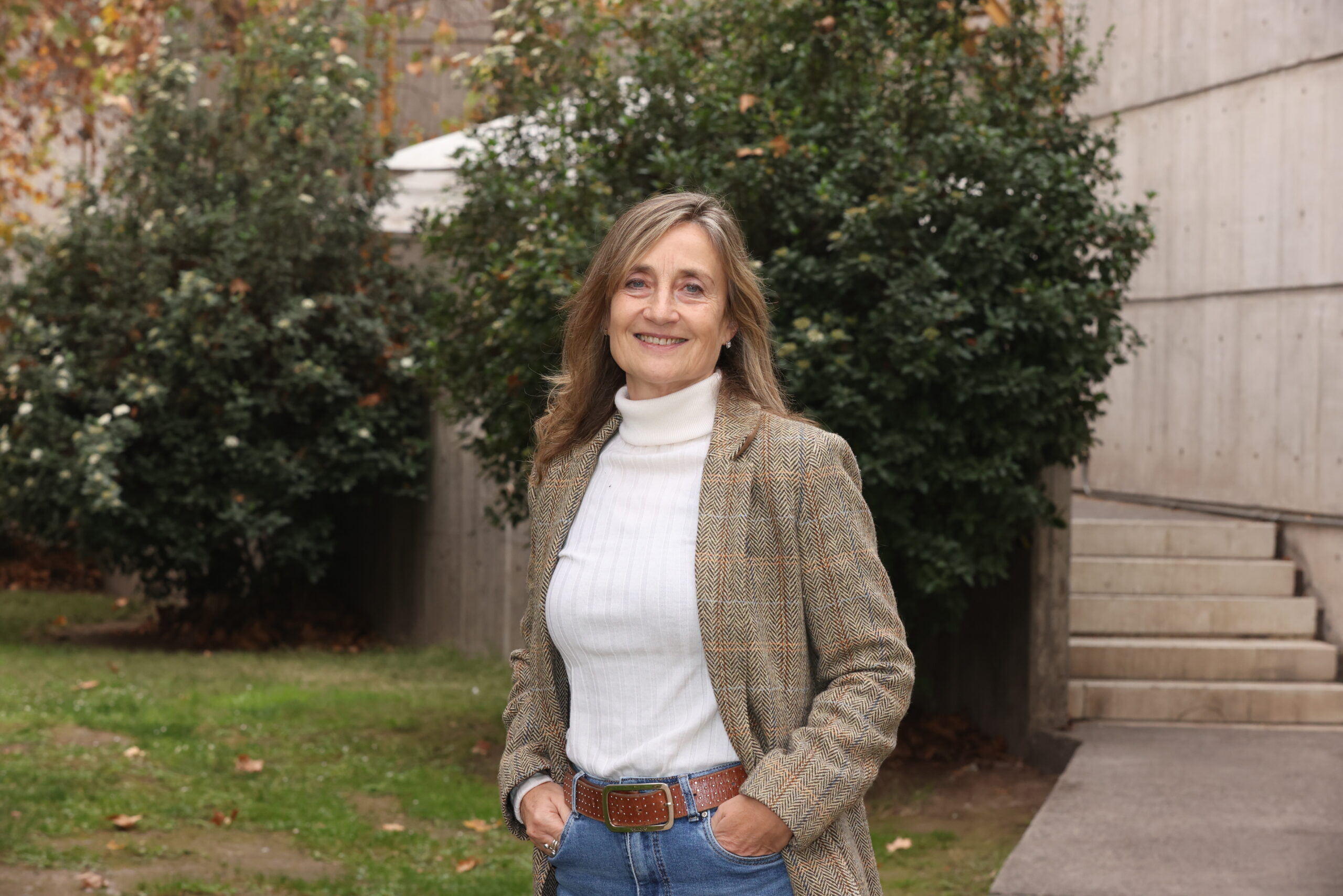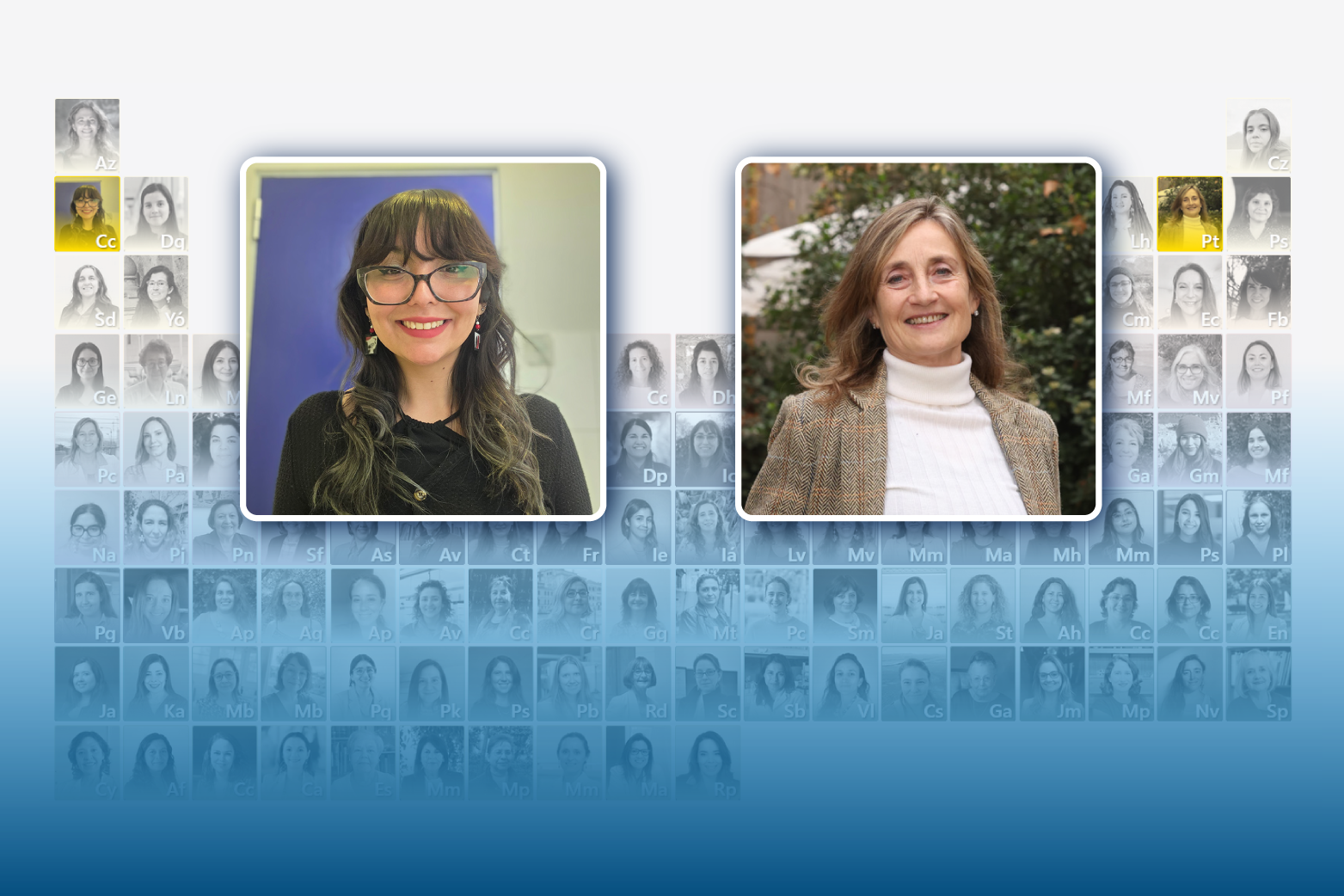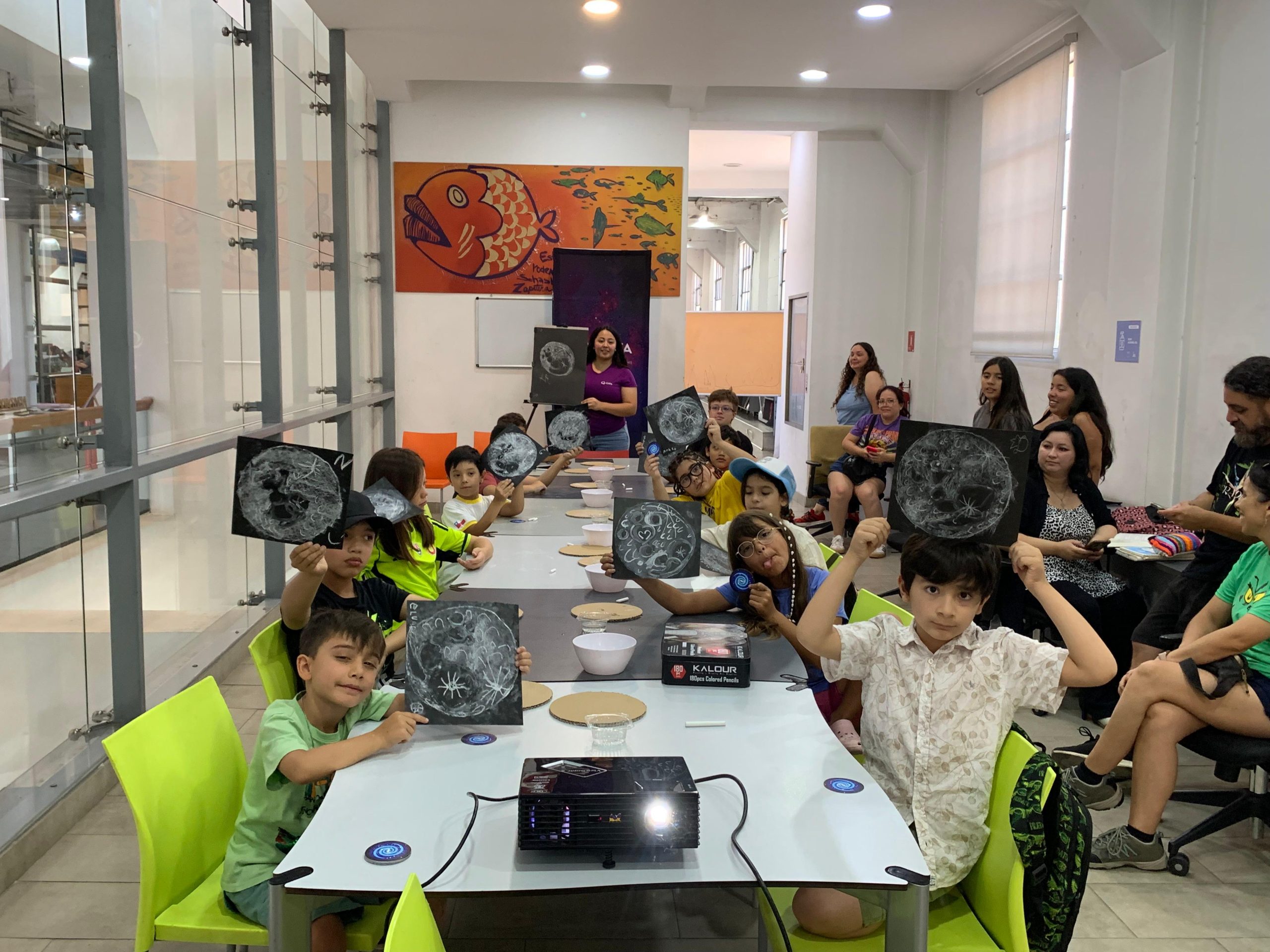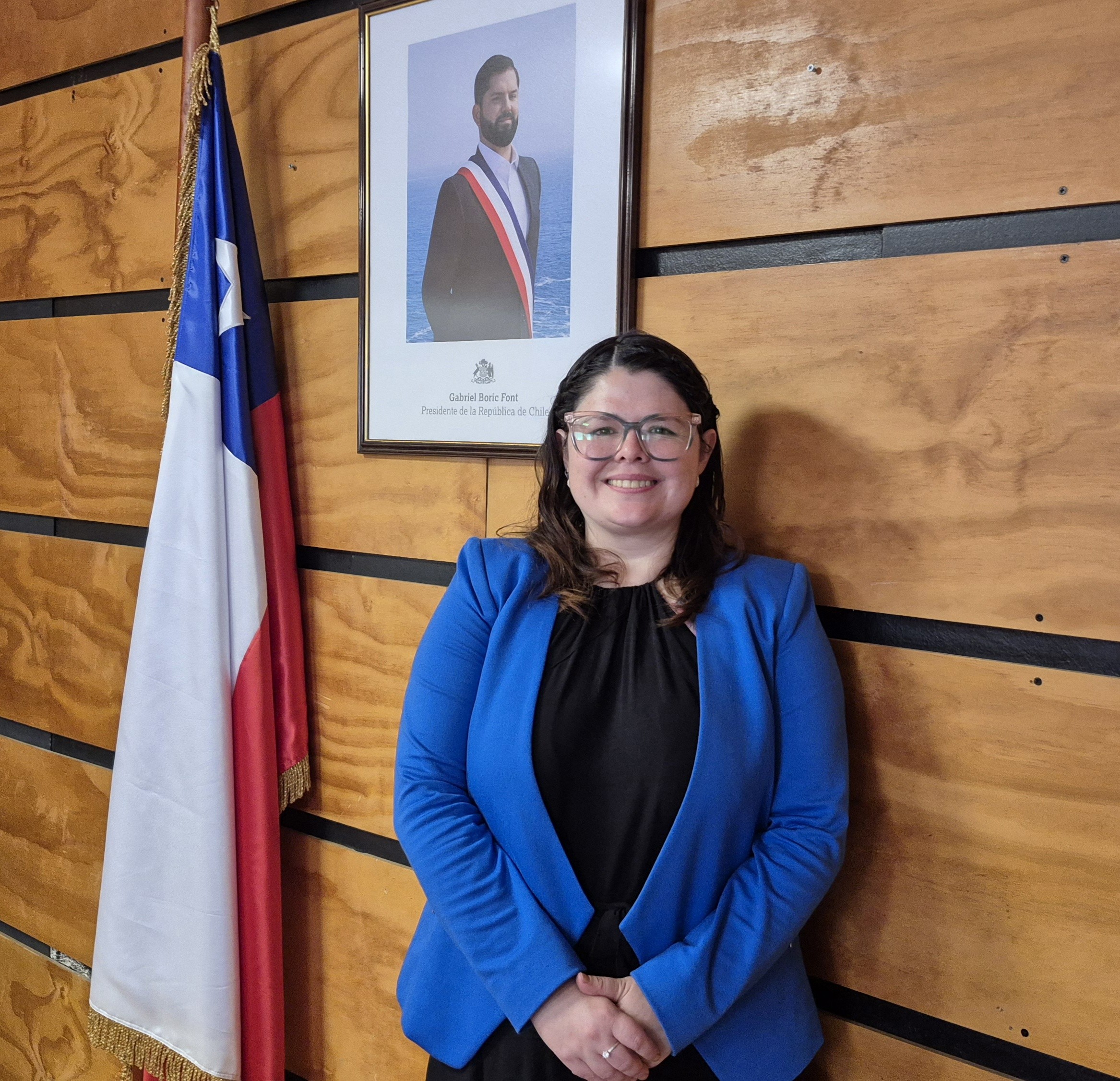
Patricia Tissera is recognized as full professor by the Pontificia Universidad Católica de Chile
CATA's Director and Principal Investigator was honored at the Sacred Heart Day ceremony held by the university.
Dr. Patricia Tissera, Director and Principal Investigator of the Center for Astrophysics and Related Technologies (CATA) was recognized as a full professor by the Pontificia Universidad Católica de Chile (PUC), during the traditional ceremony of Sacred Heart Day. At the ceremony, Rector Juan Carlos de la Llera presented this distinction to a total of 28 academics, who received a medal.
For Dr. Tissera, this appointment represents a key milestone in her extensive academic and research career, noting that “it is the result of a sustained work in research, student training, scientific community building and interdisciplinary collaboration, which began 30 years ago since my PhD and that I have continued with my best dedication and passion at UC. This appointment not only validates my commitment to academic excellence, but also renews my motivation to continue actively contributing to the development of astrophysics from Latin America, fostering new approaches and promoting an inclusive and high-impact work environment,” she said.
The result of this achievement also has a direct impact on CATA. According to the Director, this distinction consolidates the projection of the Center and its leadership in the national and international scientific arena. “This recognition strengthens CATA’s position as a Center of excellence led by high-level researchers and reaffirms its commitment to frontier scientific development,” she said.
From her role as head of CATA, the academic emphasized that she assumes this new stage with a deep responsibility, and with the purpose of continuing to strengthen strategic areas such as research, human capital formation, technology transfer and scientific dissemination. He also stressed the symbolic value that this appointment can have for the new generations. “It is a clear signal for the younger generations, especially for women, that it is possible to achieve leadership positions in science in Chile,” she concluded.
Recent news
-
 Publicado el: 17/02/2026The National Congress Library highlights CATA researchers in its second edition of Chilean Women Scientists
Publicado el: 17/02/2026The National Congress Library highlights CATA researchers in its second edition of Chilean Women Scientists -
 Publicado el: 11/02/2026Science with a woman’s face: gaps, vocations, and pending challenges
Publicado el: 11/02/2026Science with a woman’s face: gaps, vocations, and pending challenges -
 Publicado el: 09/02/2026Astronomy Day was held at the Santiago Library
Publicado el: 09/02/2026Astronomy Day was held at the Santiago Library -
 Publicado el: 30/01/2026Looking ahead to the next five years: Galaxies Area meets to share progress and strengthen research
Publicado el: 30/01/2026Looking ahead to the next five years: Galaxies Area meets to share progress and strengthen research -
 Publicado el: 29/01/2026Will Earth have two moons until 2083? The idea behind object 2025 PN7
Publicado el: 29/01/2026Will Earth have two moons until 2083? The idea behind object 2025 PN7
Categories list
- Acknowledgments 24
- Astrobiology 8
- AstroCluster 1
- Black holes 19
- Corporativo 62
- Cosmology 5
- Descubrimientos 25
- Disclosure 78
- Exoplanets 15
- Extension 6
- Galaxies 23
- Galaxies formation 7
- Inter y Transdisciplina 4
- Local Universe 17
- Publications 7
- Sin categorizar 36
- Solar System 24
- Stellar formation 8
- Technology 18
- Technology Transfer 20
